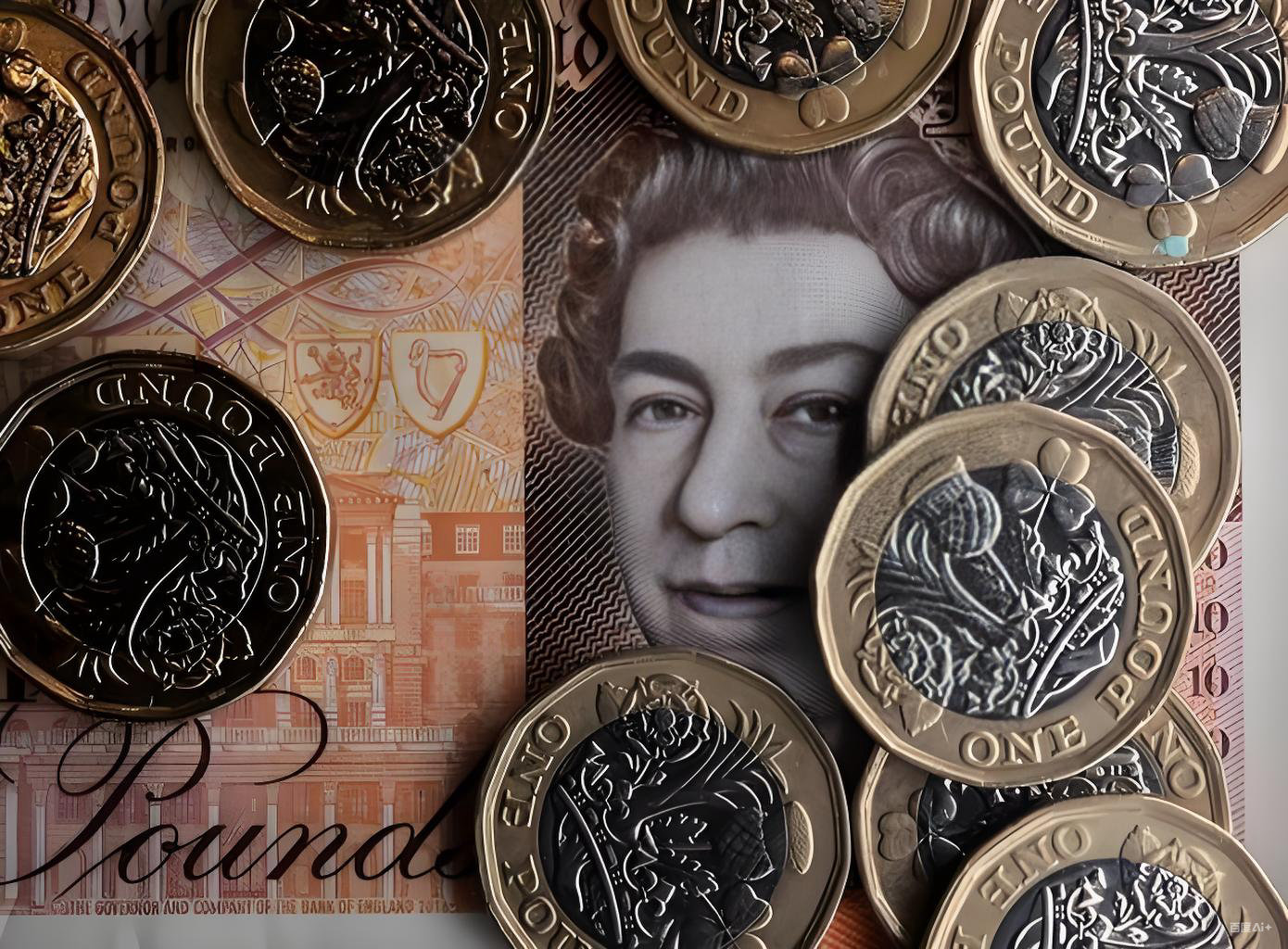
In a closely watched meeting ending 5 November 2025, the Monetary Policy Committee at the Bank of England voted 5-4 to keep the bank rate at 4 %, with four members advocating a 0.25 percentage point cut to 3.75 %.The bank judged that CPI inflation has already peaked and that underlying disinflation is progressing, supported by softer pay growth and services-price inflation.
Background Context
The UK economy has been under inflationary pressure, and the BoE’s challenge has been balancing inflation control with growth. With inflation showing signs of peaking and labour slack building up, the decision to pause rather than cut reflects caution about whether a sustained downward path is established. The decision comes in the context of global monetary normalisation and FX-market sensitivity to interest-rate differentials.

Why This News Matters
For forex markets, this decision is significant. Holding the rate steady suggests the pound (GBP) may gain relative to currencies where central banks are easing. Traders in pairs like GBP/USD will monitor further guidance for clues of future cuts. For investors in interest-rates or FX hedges, the “not yet cutting” stance means yields and expectations may adjust.
Also, the BoE communication that inflation is judged to have peaked but that policy will still be gradual suggests less impetus for aggressive rate moves—but also keeps the market guessing. From a macro-economic perspective, this decision signals the BoE’s view that risk lies in inflation persistence or growth weakening rather than an immediate need to ease.
Our Expert Take
From a market-editor viewpoint: The BoE’s narrow 5-4 split underscores the uncertainty in the UK economy. While inflation may have peaked, the committee’s reluctance to cut implies that disinflation is not yet firmly entrenched. Forex traders should remain alert to surprises: a more dovish tone or signals of a cut could weaken the pound, while hawkish comments would bolster it.
Moreover, the decision suggests a key pivot point: if UK economic data (for example wage growth, services inflation, GDP) weakens, markets may price in cuts, which could drive GBP lower. On the flip side, if inflation re-accelerates, the BoE may maintain or even raise the rate, which would support GBP and perhaps weigh on UK equities. In terms of hedging: FX-strategies that assume a one-way move in GBP may be risky—nuanced positioning is required.
Given the global backdrop of other central banks (e.g., the Federal Reserve) signaling gradual ease while waiting for inflation to moderate, the BoE’s stance could offer an opportunity: cross-currency markets (like GBP/JPY or GBP/NZD) may react strongly to divergences in policy. In short: traders should monitor upcoming UK inflation and labour data, the BoE’s minutes, and any macro surprises.






